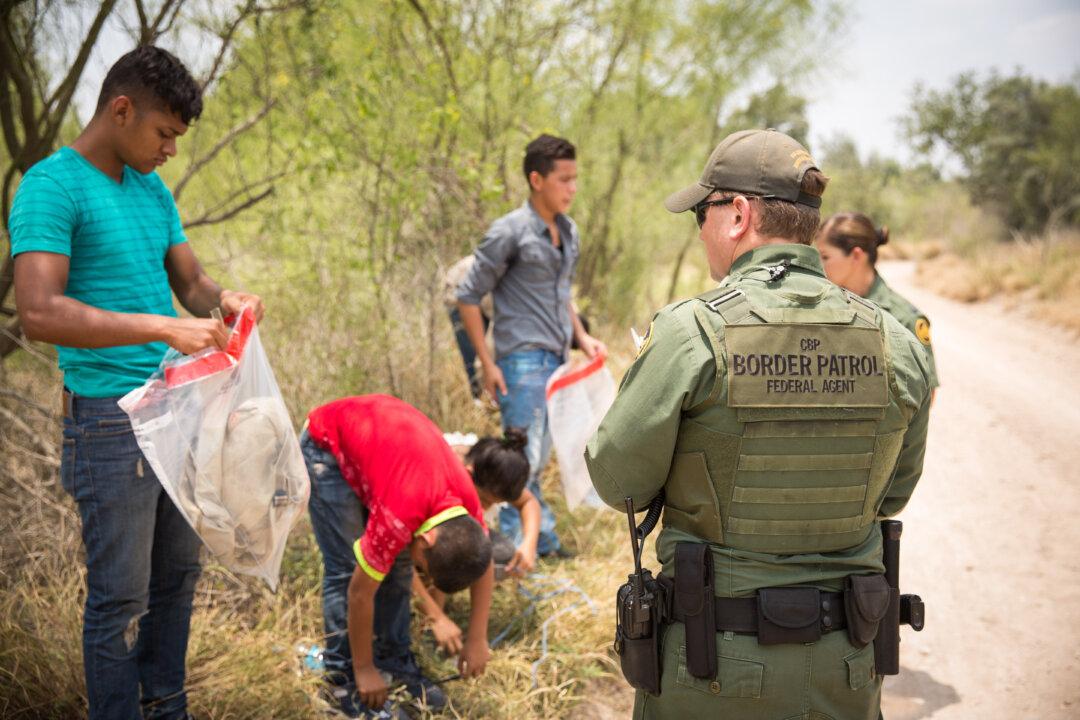A federal judge ruled this week that President Donald Trump’s asylum reforms violated federal law despite the reforms only taking the rules on asylum back to where they were before former President Barack Obama’s time in office.
The ruling by Bill Clinton-appointed U.S. District Judge Emmet Sullivan came on Dec. 19, just a day after he had to walk back accusations he made while presiding over a hearing for former Trump adviser Michael Flynn.





